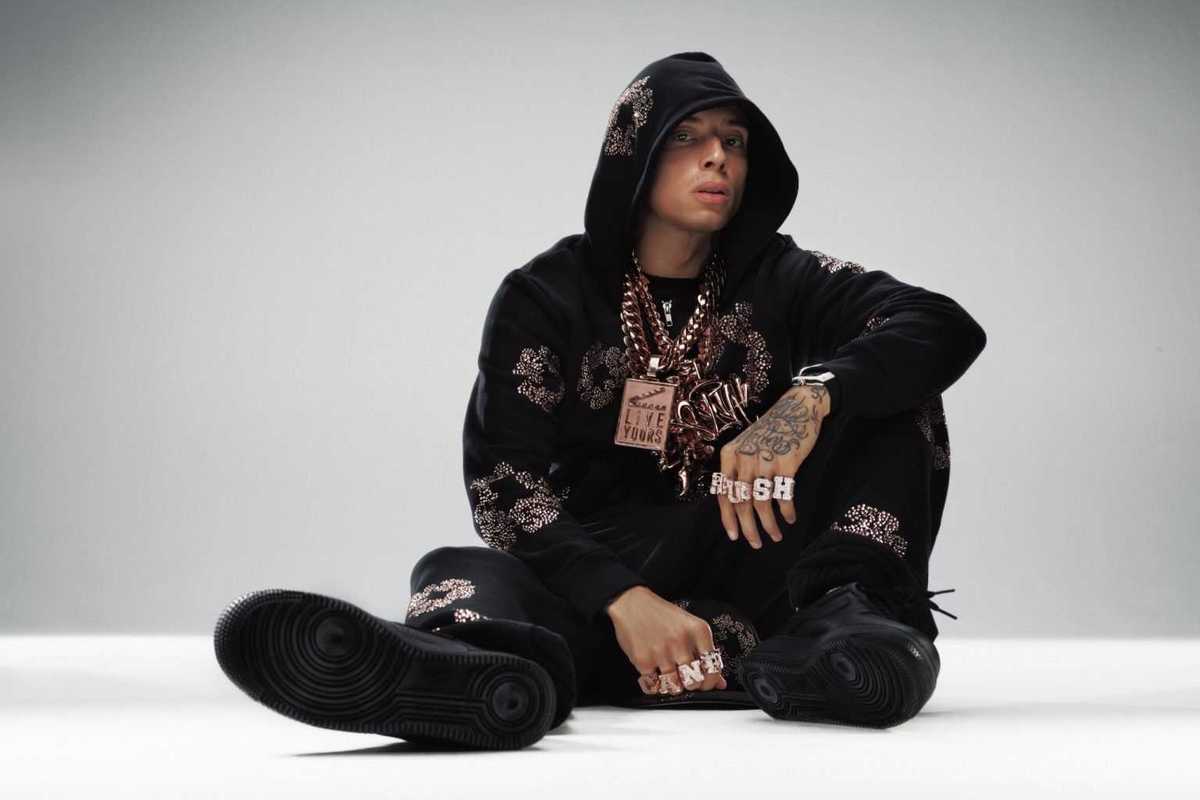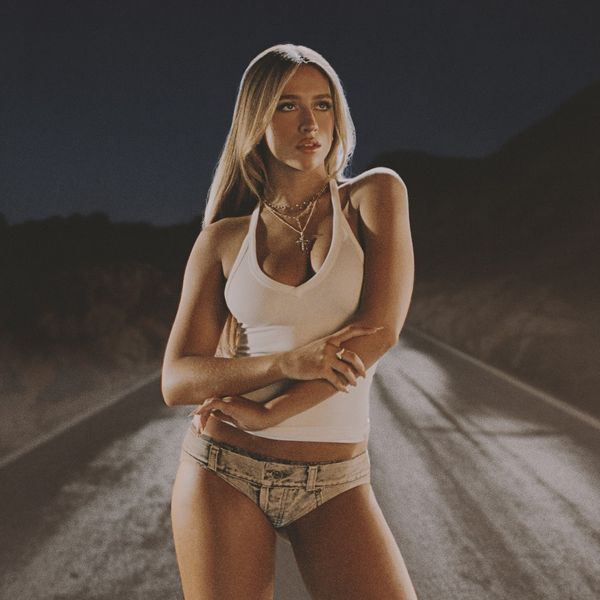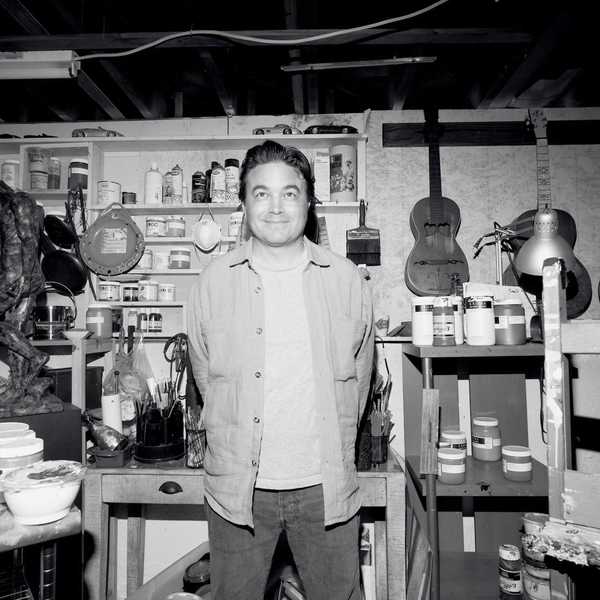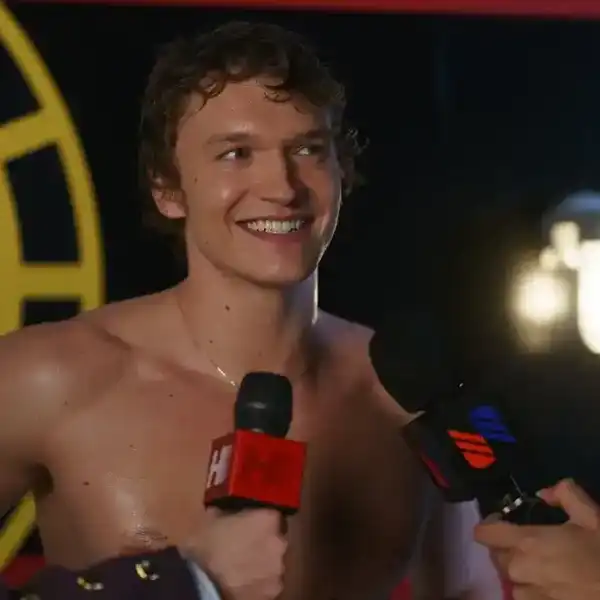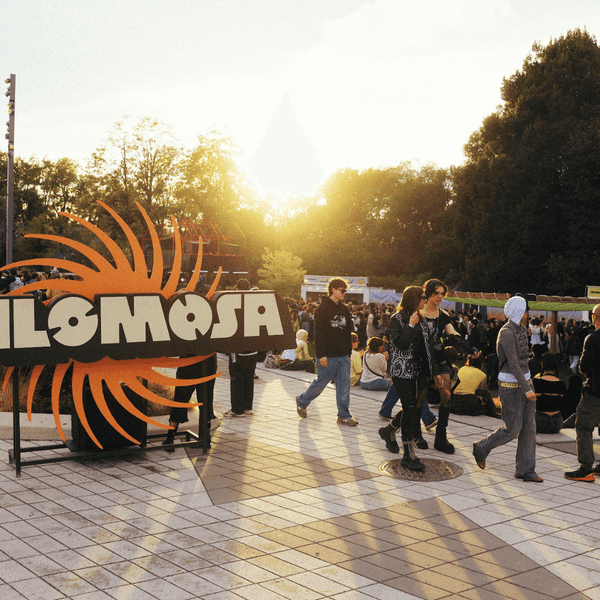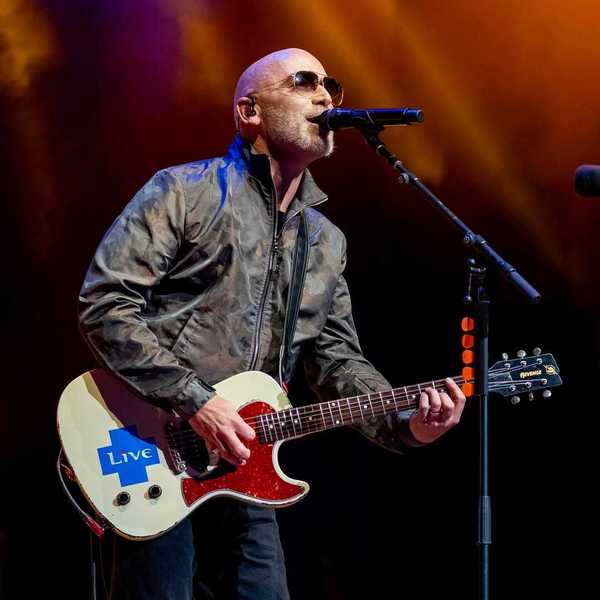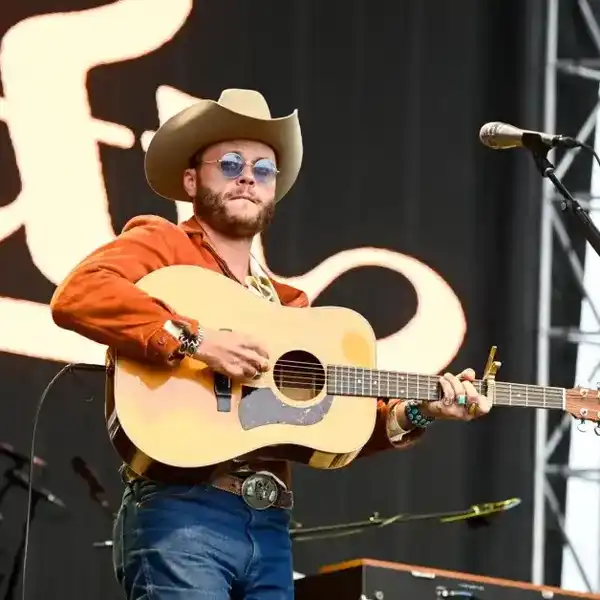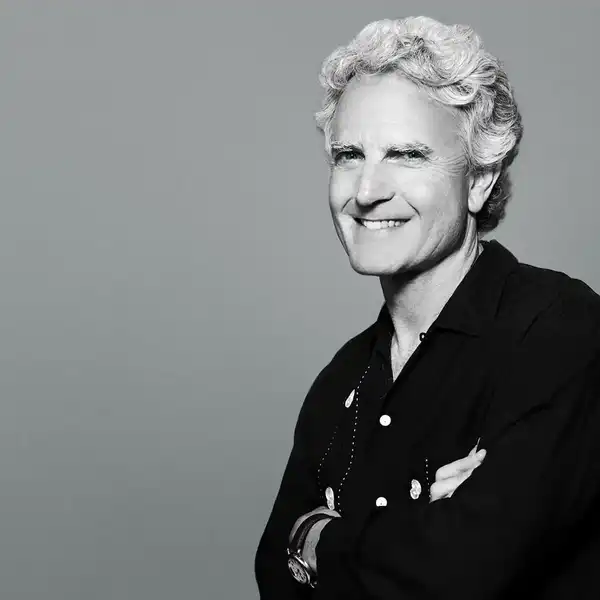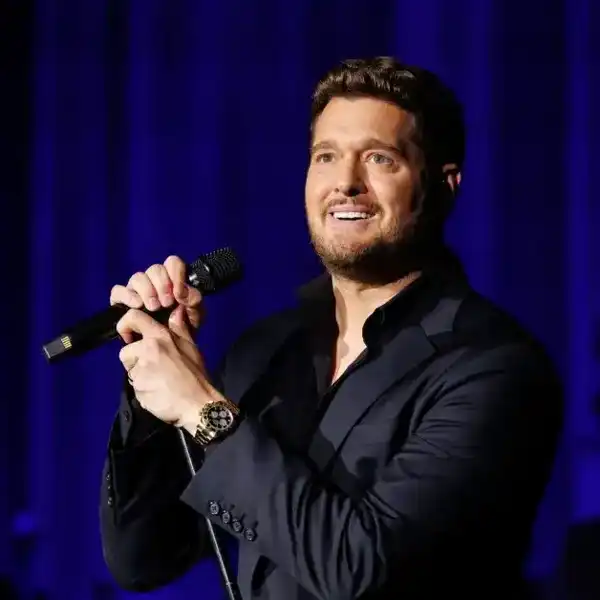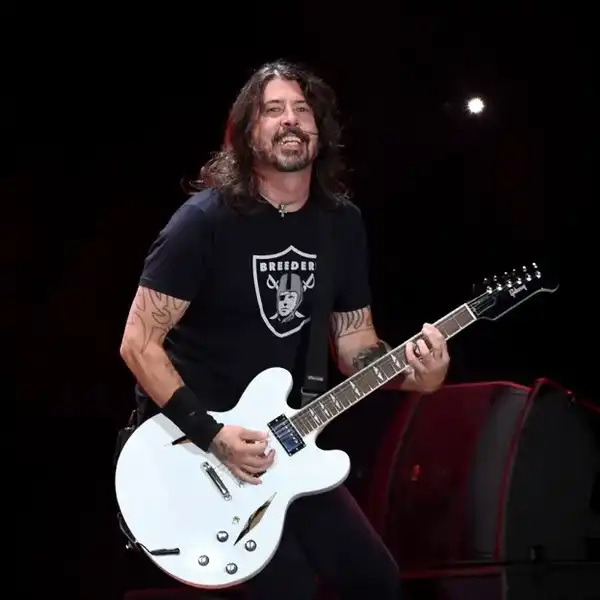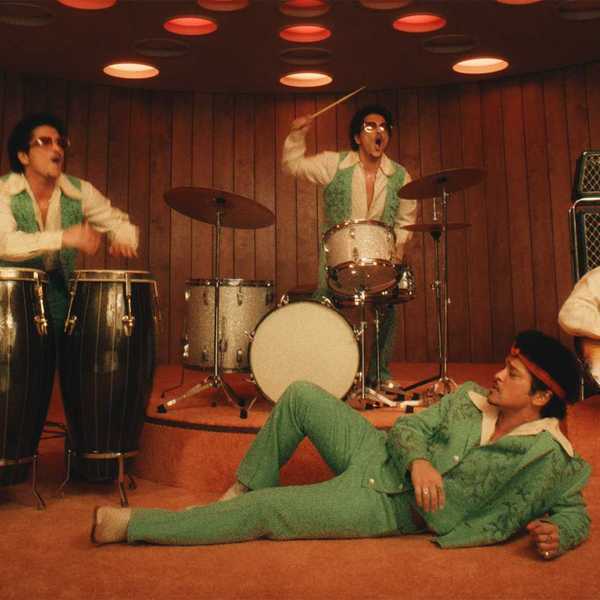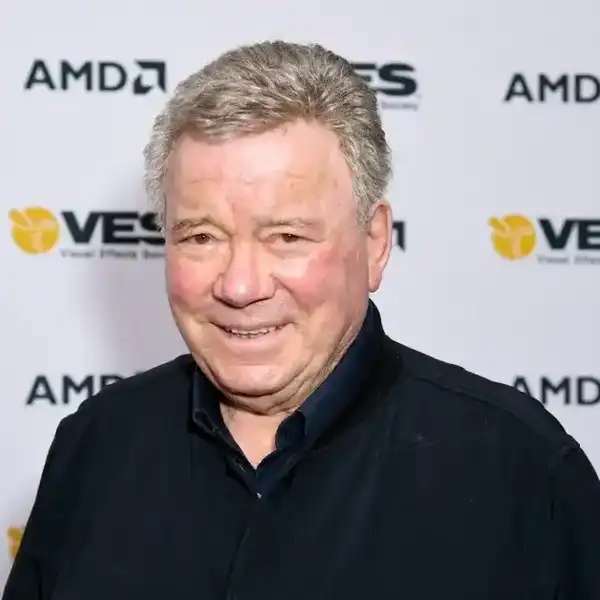Five Questions With… Alex St. Kitts
The Toronto singer/songwriter has been in demand as a bassist for some big acts and is now exploring solo projects as The Projektor, releasing a series of eclectic EPs. He discusses both facets of his musical career in this interview.
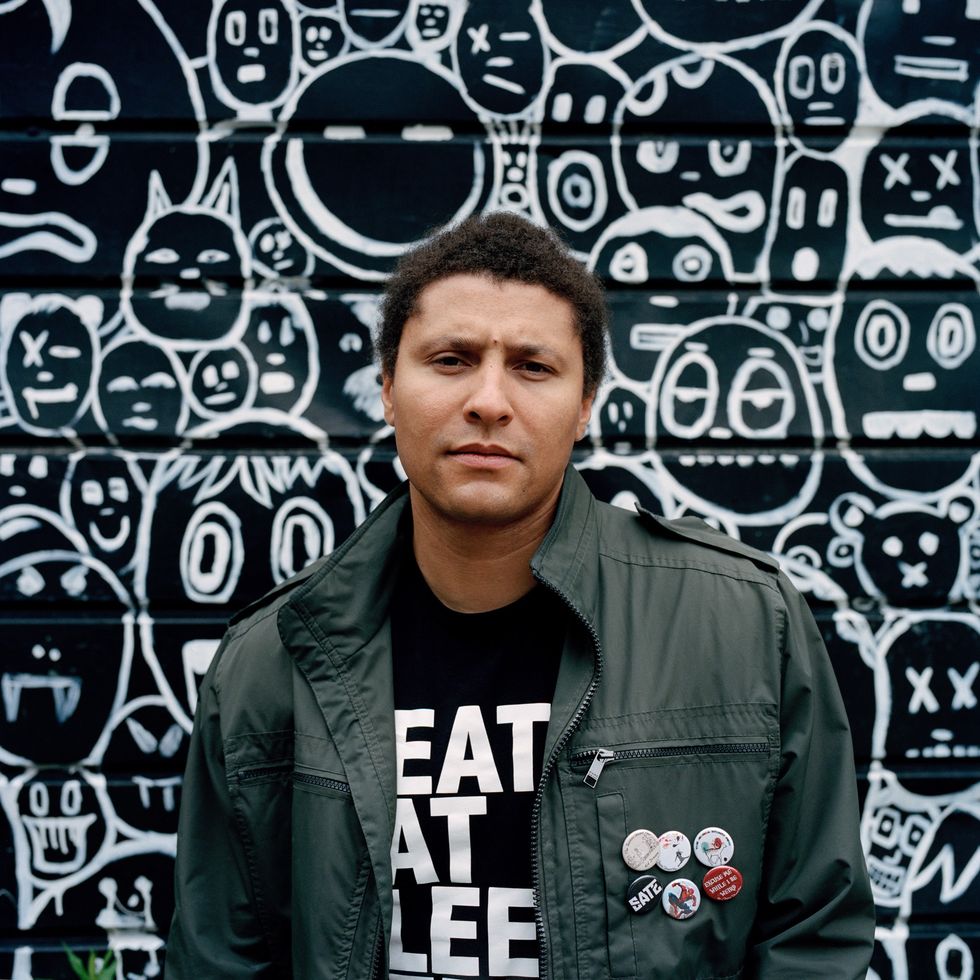
By Jason Schneider
Toronto-born bassist and singer-songwriter Alex St. Kitts has trekked around the world performing with Canadian and international acts alike, and is now delving into his own solo projects as The Projektor. On Feb. 16, St. Kitts will release his Part iii EP, the final instalment of a trilogy, which he describes essentially as a labour of love, tying together a host of musical threads in order to establish his own identity.
Being of mixed ethnicity, St. Kitts’ music explores the social contracts he says he’s struggled with, and on songs like the latest single “Fake Castles,” he drives home his thoughts on race, inclusivity and personal relationships.
As a professional bassist, St. Kitts has worked with k-os, Michelle Treacy, SATE, Tony Royster Jr., Jeremy Taggart of Our Lady Peace, Alyssa Reid, Adrian X (Drake), Digging Roots, JP Saxe, Slakah The Beatchild, Chloe Charles, and many more. He has also performed at the American Music Awards with Pop-R&B artist Francesco Yates, and alongside Ed Sheeran at the Much Music Video Awards.
St. Kitts spoke with us ahead of the launch show of The Projektor’s Part iii EP on Feb. 17 in Toronto at 3030 Dundas West, and additional shows Feb. 23 at Market Brewing Company in Newmarket, Ontario, and March 2 at Rainbow Bistro in Ottawa. For more info, go to alexstkitts.com.
What is your musical vision behind The Projektor?
I wanted to paint a tableau of my many musical influences and create something uniquely mine. It takes all my favourite sounds from the sweet summery vibes of old Motown hits to the dancier pop-rock aesthetic of artists like The Police.
Why did you choose to release the album in three stages?
I did it mainly so I could take the time to work with different methods of songwriting and producing and find my voice. The first EP was more live off the floor, which I was already used to, while the second and third let me experiment with different textures, sounds and more modern sensibilities we hear nowadays. I wanted to make the best music I could, and I think I came pretty close.
You've worked as a sideman for many notable artists. What's your best advice for young musicians looking to get that kind of work?
Just be yourself! I found that a lot of younger musicians are trying hard to sound or look like other notable players, but artists want a player that can bring their spin to their music. It's important to play accordingly to the gig, but that doesn't mean you have to pretend to be someone else. If that's what they're looking for, then that gig probably isn't for you.
What's been the most significant change in your life over the past year?
Music has allowed me to travel to a lot of new places I figured I'd never get to go and meet a lot of artists all doing something different creatively. This has had a big effect on my music and my perceptions on life. I also got to know some really cool people in these places which helps me expand my idea of being an artist.
What song in your catalogue means the most to you and why?
I think the one that always sticks out in my mind is “Raggedy Anne,” which is on the first Projektor EP. I used to live a bit further north of the city and I got to know this barista from Vancouver at my local coffee shop. She had been living in the area for three years but had never been downtown or anywhere else really because she worked so much. I asked her if she'd ever get the chance to get out and go, to which she said, “maybe one day.” That really hit me. To not take a chance or a risk for something that you can reach out and touch is no way to live. So I wrote that song about her, and the big dreams she, and a lot of us, have that we let slip through our fingers.

